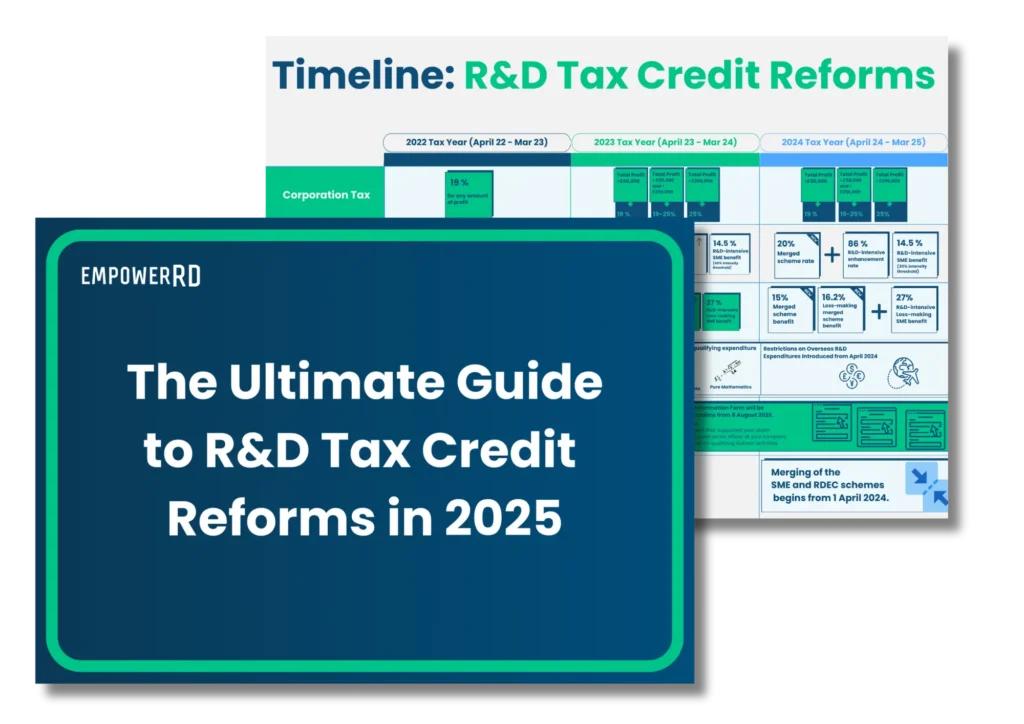Introduction
Are you a small business owner eager to streamline your online transactions and elevate customer satisfaction? Look no further than a payment gateway. In today’s digital age, a seamless and secure payment process is an absolute necessity for achieving success.
In this article, we will delve into the world of payment gateways, their pivotal role in your business’s growth, and how to choose the most fitting option for your needs.
Understanding the essence of a payment gateway
Payment gateways function as the virtual bridge linking your customers’ payment information with your business’s bank account. By encrypting sensitive data and facilitating its secure transfer between various parties, payment gateways enable smooth and secure online transactions.
Operating in tandem with payment processors, payment gateways ensure that funds efficiently move from your customers’ accounts to yours. Payment processors act as intermediaries, verifying transaction validity and authorising fund transfers. This dynamic duo, comprising payment gateways and processors, works behind the scenes to deliver a seamless transaction experience to your customers.
Unraveling the merchant account distinction
It’s essential to keep a payment gateway distinct from a merchant account. While a payment gateway ensures secure payment information transfer, a merchant account is a specialised bank account that temporarily holds funds received from customers before depositing them into your primary bank account. To accept online payments, you require both a payment gateway and a merchant account.
The inner workings of a payment gateway
Let’s take a deeper dive into the mechanics of how a payment gateway facilitates seamless transactions:
- Collection: When customers reach the checkout on your website, they either input their credit card details directly on the payment page provided by your gateway or securely transmit the information to it.
- Transfer: The payment gateway then securely transfers your customer’s credit card details and transaction information to your payment processor, also known as the acquiring bank.
- Authorisation: The transaction details traverse the card network to your customer’s issuing bank for authorisation. The outcome is relayed back to your payment gateway, informing you and your customer whether the transaction was successful or not.
Exploring payment gateway varieties
- Cost Savings: By automating your invoice management processes, you can significantly reduce costs associated with manual data entry, paper storage, and potential errors. Say goodbye to printing, mailing, and storing paper invoices. Embrace automation and watch your expenses shrink.
- Enhanced Accuracy: Manual data entry is prone to errors, leading to discrepancies in your financial records. Automation eliminates the risk of human error, ensuring accurate invoice processing and reducing the time spent rectifying mistakes. With automation, precision becomes the new normal.
- Time Efficiency: Consider all your accounts payable team’s hours on manual data entry and routing invoices. Automation streamlines these processes, allowing invoices to flow seamlessly from departments to approvers with just a few clicks. Free up your team’s time for more strategic tasks that drive your business forward.
- Improved Archives: Storing and organising paper invoices can be a nightmare. They take up physical space, and retrieval can be time-consuming and tedious. With automated invoice processing, you can enjoy digital archives that are easily searchable and accessible at any time.
Now that you’ve glimpsed the power of automation in streamlining your invoice management, it’s time to take action. Embrace the modernisation of invoice management and unleash the potential of your accounts payable team. Say goodbye to manual data entry, paperwork, and inefficiency. The future is here, and it’s time to revolutionise invoice management practices.
Stay tuned as we dive deeper into how automation can transform your invoice management and explore success stories from businesses that have already embraced this game-changing technology. Get ready to supercharge your invoice management processes and take your business to new heights.
Six Automated Invoice Processing Platforms
Now that you grasp the inner workings of payment gateways let’s delve into the three primary types:
- On-site: On-site payment gateways process transactions through your servers. This approach provides enhanced control and the ability to efficiently manage large volumes of payments.
- On-site and off-site combined: This method features the checkout process on your website while the actual payment processing occurs on the back end. It offers heightened security but may reduce your control over the customer journey.
- Redirect: A redirect payment gateway often includes popular options like PayPal. Customers opting for this method are directed to a separate site for payment. While it simplifies the process for you as the merchant, it introduces an extra step for the customer, which could discourage some from completing their purchase.
Key factors for small business consideration
For small businesses, selecting the ideal payment gateway is of paramount importance. Here are pivotal factors to ponder when choosing a payment gateway tailored to your specific needs:
- Cost-effectiveness: Affordability is a top concern for budget-conscious small businesses. Seek payment gateways with transparent pricing structures, sidestepping hidden fees and excessive charges. Compare transaction fees, monthly subscriptions, and other associated costs to ensure alignment with your financial objectives.
- Ease of use: Simplicity reigns supreme for payment gateways, particularly for small businesses without dedicated technical personnel. Opt for gateways offering intuitive interfaces, smooth integration with existing systems, and clear documentation or customer support to assist with any issues.
- Setup requirements: Time efficiency is key for small businesses. Opt for payment gateways with quick and straightforward setup procedures. Ideally, choose gateways seamlessly integrating with popular e-commerce platforms, enabling swift commencement of payment acceptance.
- Compatibility: Ensure the payment gateway aligns with your e-commerce platform, current or planned. Compatibility guarantees seamless gateway integration into your online store, minimising technical disruptions and amplifying customers’ shopping experiences.
Leading payment gateways in the UK
In the realm of UK payment gateways, numerous options have gained traction among entrepreneurs. Let’s explore these widely adopted gateways, outlining their features and benefits to aid your informed decision-making.
- Transaction Fees: PayPal boasts competitive transaction fees, with rates contingent on sales volume.
- Security Measures: Renowned for robust security protocols, PayPal safeguards buyers and sellers against fraudulent activities.
- Customer Support: With 24/7 customer support, PayPal ensures assistance availability whenever required.
- Transaction Fees: Stripe offers transparent pricing, featuring competitive rates and zero setup or monthly fees.
- Security Measures: Emphasising security, Stripe utilises advanced encryption and fraud prevention tools.
- Customer Support: Stripe provides responsive customer support through email or chat.
- Transaction Fees: Worldpay presents flexible pricing plans accommodating diverse business needs, ensuring cost-effectiveness.
- Security Measures: Advanced security features, including tokenisation and fraud detection, underscore Worldpay’s commitment to security.
- Customer Support: Worldpay delivers round-the-clock customer support for addressing concerns and technical matters.
- Transaction Fees: Braintree offers a transaction fee of 1.9% + 20p per transaction, ensuring cost-effective payment processing.
- Security Measures: With a focus on security, Braintree employs advanced encryption and fraud prevention measures to protect buyers and sellers.
- Customer Support: Braintree provides reliable customer support for any inquiries or technical assistance needed.
Comparing payment gateways at a glance
To simplify your decision-making process, let’s juxtapose these popular payment gateways. Here’s a convenient table spotlighting their crucial features:
Guidance for optimal payment gateway selection
Choosing the most suitable payment gateway for your small business demands thoughtful evaluation. Consider these factors to make a well-informed choice:
- Transaction Fees: Prioritise gateways with transparent and competitive transaction fees that align with your budget and sales volume.
- Security Measures: Embrace gateways offering robust security features such as encryption, fraud detection, and PCI compliance to safeguard sensitive data.
- Customer Reviews: Research customer reviews and testimonials to gauge the reliability and satisfaction levels of other businesses utilising the payment gateway.
- Scalability: Select a payment gateway capable of scaling with your expanding business, accommodating heightened transaction volumes and evolving requirements.
Remember, the right payment gateway can streamline your payment processes, instil customer trust, and contribute to your business’s growth. Evaluate your needs, compare options, and select the gateway that aligns with your requirements. Seize the opportunity today to provide your customers with seamless payment experiences!
Fortifying security and compliance
In the realm of payment gateways, security and compliance stand as non-negotiable imperatives. Preserving your customers’ data integrity while adhering to pertinent regulations like GDPR is paramount. But how can small businesses attain these goals? Let’s explore.
Foremost, your checklist should include the selection of a payment gateway prioritising security. Seek out features like encryption, tokenisation, and fraud detection to create a digital fortress, shielding your customers’ data from potential breaches.
Additionally, maintaining compliance with regulations is paramount. Acquaint yourself with the stipulations relevant to your geographical region, such as Europe’s General Data Protection Regulation (GDPR). Implement requisite protocols, obtain consent, and handle data responsibly to foster customer trust.
Anticipating future trends and innovations
The realm of payment gateways is in perpetual evolution, necessitating entrepreneurs to remain ahead of the curve. Let’s delve into emerging trends and innovations shaping the future of payment technology.
Mobile payments have taken centre stage, empowering customers to conclude transactions with a mere tap on their smartphones. By embracing mobile payment solutions, you amplify the customer experience and tap into the tech-savvy consumer base.
Contactless payments are also enjoying a surge, revolutionising payment processes. With a swift wave or tap, customers can swiftly finalise transactions, rendering checkout processes faster than ever. Stay attuned to this trend and provide contactless payment options to cater to your customers’ preferences.
Cryptocurrencies, too, demand attention. The ascent of digital currencies like Bitcoin and Ethereum has unleashed new realms of possibility for payment gateways. Explore integrating cryptocurrencies into your payment system and offer customers alternative payment avenues in the digital realm.
Choose intelligently and flourish
As we conclude our journey through the realm of payment gateways, remember that informed decisions are imperative for small businesses. A well-chosen payment gateway can transform the game for your business.
Prioritise security and compliance, ensuring the sanctity of your customers’ data. Stay abreast of emerging trends like mobile payments, contactless transactions, and cryptocurrency integration. Embrace these innovations to deliver a seamless, convenient, and secure payment experience to your customers.
Do not underestimate the potency of a judiciously chosen payment gateway. Seize control, make wise selections, and observe your business flourish. The future stands ready for your embrace!












